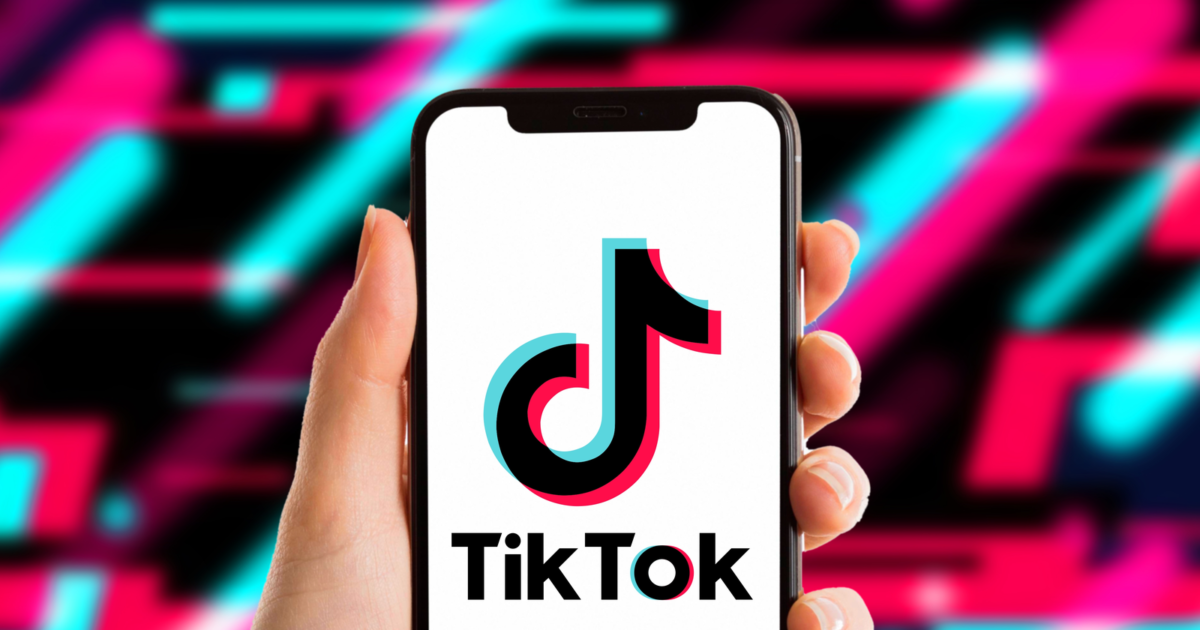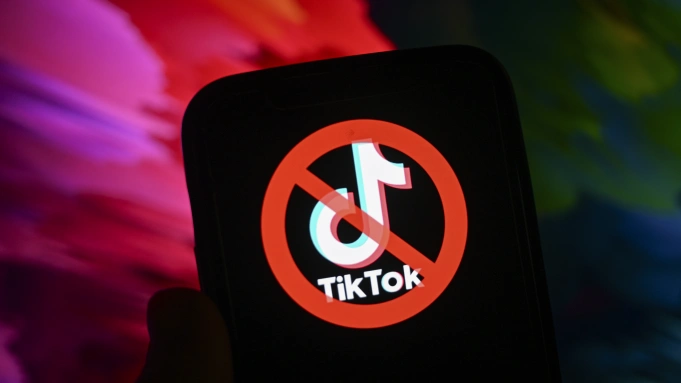TikTok is a popular social media platform that allows users to create and share short videos with a global audience. The app has gained massive popularity for its user-friendly interface, viral challenges, and ability to create and share content with ease.
What is TikTok?
TikTok is a popular social media platform that has taken the world by storm in recent years. It is an app that allows users to create and share short videos, often with music or sound effects, and has become a go-to destination for entertainment and inspiration.
The app is designed to be highly addictive, with a never-ending stream of content that can be endlessly scrolled through. The algorithmic feed ensures that users are constantly presented with videos that are tailored to their interests and preferences, keeping them engaged for hours on end.

TikTok has become especially popular among younger generations, with many teenagers and young adults using the app to showcase their creativity and talent. It has also become a platform for social activism, with users using their videos to raise awareness of important issues and promote positive change.
However, the app has faced criticism for its potential to spread misinformation and for its data privacy practices. There have also been concerns about the mental health impact of spending too much time on the app.
Overall, TikTok has become a cultural phenomenon that shows no signs of slowing down. Its ability to connect people and provide a platform for creativity and expression has made it a unique and valuable addition to the social media landscape.
The controversy
TikTok has been embroiled in numerous controversies since its rise to popularity. One of the most notable issues has been the app’s data privacy and security practices. Concerns have been raised over the app’s collection of user data and its ties to its Chinese parent company, ByteDance. In 2020, former President Trump attempted to ban TikTok in the US, citing national security concerns, but this was blocked by the court.
TikTok has also faced criticism over its content moderation policies. The app has been accused of censorship and bias in its algorithm, which has allegedly suppressed content from marginalized communities. Additionally, the app has been criticized for its spread of misinformation and conspiracy theories.
TikTok has also faced controversy over its treatment of creators, particularly in regards to compensation. Many creators have accused the platform of unfairly benefiting from their work without proper compensation. Furthermore, TikTok has been criticized for promoting harmful challenges and trends, which can pose risks to users’ safety and well-being.
Why the US government banned it?
The US government has prohibited TikTok on federal government-issued smartphones because of worries about ByteDance, its Chinese parent firm, posing a national security risk. TikTok reacted with displeasure and referred to it as a political gesture.
If federal employee isn’t utilising an app for national security or law enforcement purposes, they have 60 days to remove it from their devices. Employees of many federal agencies that have already banned the app won’t be affected by the prohibition, and the House of Representatives chief administrator has also ordered staff and members to delete the app.

For the purpose of uninstalling the app from government employees’ phones, the US Office of Management and Budget and other offices have 60 days to develop guidelines and procedures.
In recent years, the US has taken steps to address national security concerns with China, including adding more China-based firms to a commerce department blacklist and limiting exports to those companies. The focus on TikTok is part of this larger effort, but some groups caution that a ban could lead to similar moves from China.
Gillian Diebold, a policy analyst at the Center for Data Innovation, warned that bans on apps based on foreign ownership could harm US businesses. Instead, policymakers should focus on passing federal privacy legislation that requires companies to disclose data sharing and holds them accountable for those statements.
Will the ban turn into a lifetime ban?
Various attempts have been made to ban TikTok from operating entirely in the US, including Rubio’s bill, which would block all commercial operations. However, such bans have yet to be proven viable. A total ban was previously blocked by the court due to free speech concerns.
The EFF general counsel, Kurt Opsahl, stated that while governments can set rules and restrictions on official devices, attempting to ban TikTok from public use violates free speech. A total ban is not a narrowly tailored solution and instead infringes on the speech of millions of Americans, Opsahl said. Although TikTok’s security and privacy concerns are valid, a total ban is not the answer.
More entertainment news:

